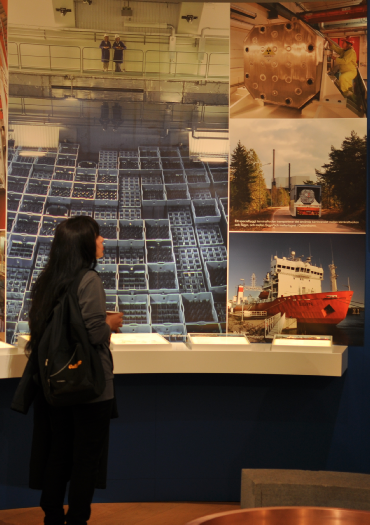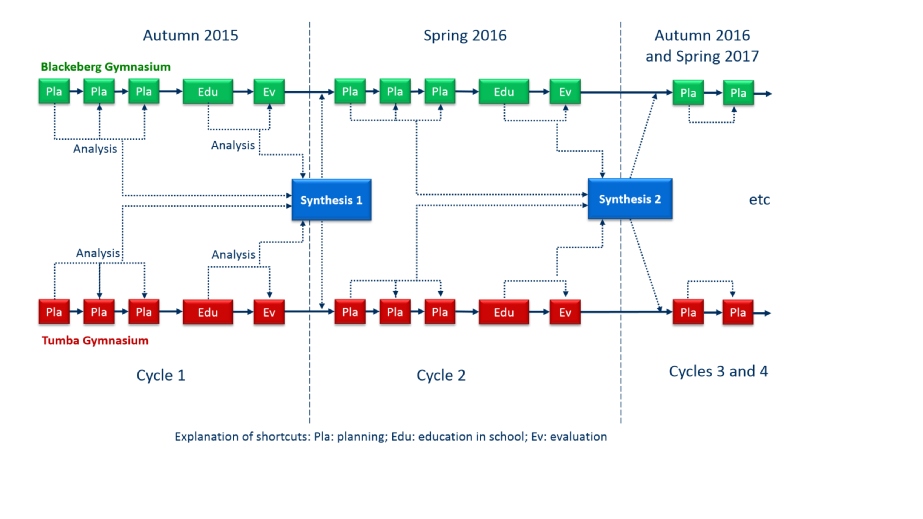
How can teachers support the development of scientific literacy through teaching about risk and risk-assessment?

The aim of RISKEDU
Extensive use of new technical solutions leads to an increased exposure of humans to low doses of ionizing radiation (medicine, industry, energy) as well as electromagnetic fields (medicine, mobile phones), while tourism to sunny countries increases exposure to UV-radiation. The radiation may be beneficial, but it may also be harmful. Thus, exposure is always linked to a certain risk, and the trade-off between risks and benefits may be a quite complicated matter that people generally have difficulty assessing. The ability to make judgments about risk, both on a personal and societal level, is a crucial part of scientific literacy, defined as the ability to evaluate scientific information and arguments based on scientific evidence, and draw conclusions from these. Education about risks encountered in modern society should already start in schools so that young people are able to make sovereign decisions when entering adult life.
The purpose of RISKEDU is to generate knowledge about how science teaching can support the development of high-school students' competency in making decisions based on informed risk assessment in societal issues involving exposure to threats associated with modern technologies, such as ionizing radiation from nuclear power plants, electromagnetic fields from wireless telecommunication or the rapidly growing field of biotechnology. This is accomplished through a close collaboration between researchers and practicing teachers, in which principles and tools for teaching are successively generated, tested, and refined.
The project will generate concrete as well as conceptual tools which science teachers can use in order to transform the science curriculum content concerning decision making in societal contexts into meaningful teaching in the classroom.






